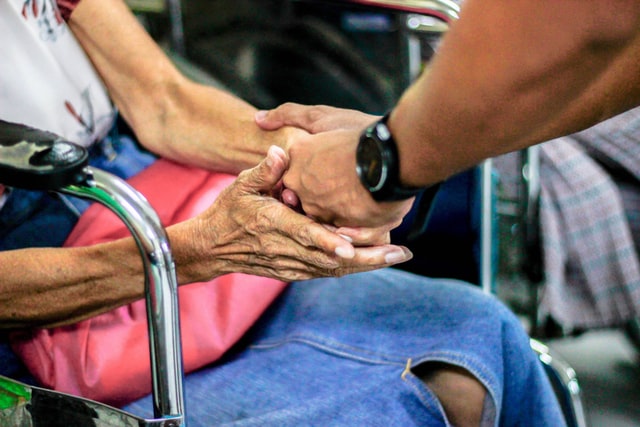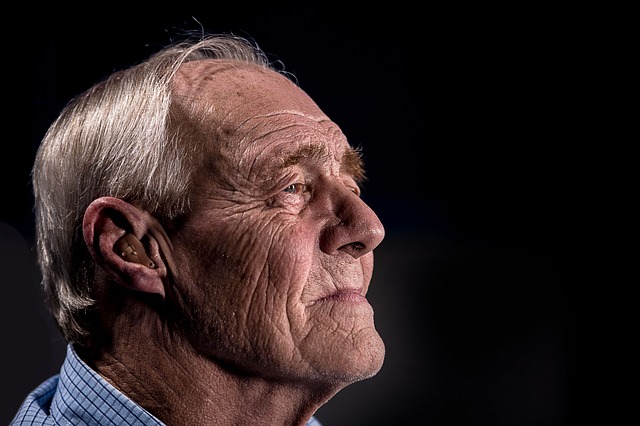
Advancing into senior years can often mean a loss of mobility whether down to illness or simply ‘old age’. This can be absolutely devastating emotionally as well as physically. And one of the worst aspects for seniors coping with this can be the indifference or impatience shown by other people.
Mobility loss poses challenges including anxiety about coping in social situations and having to rely on others in everyday situations and this can provoke feelings of anger and grief at the loss of – how you see it – the person you once were.
Acknowledgement and acceptance
Not being able to do the things you used to be able to do is an understandable source of frustration and even anger. It is important to seek out ways in which you can more easily accept your loss of mobility. This could mean seeking support from friends or online or community support groups. Talking and finding humour in the situation – if you can – helps to balance out the days when things feel worse than usual. Accepting that this is the way it is but that there are ways to cope goes a long way to improving your sense of wellbeing.
Connecting with others who understand the challenges mobility loss poses can provide you with a sense of community and help you to feel less alone.
Developing resilience and adaptability skills
This involves accepting the changes which have developed and resolving to seek as much support as you can. This could mean contacting your local health professional or GP to find out what kind of aids and adaptations are suitable and available for you or your home. If you have difficulty in walking any distance, consider whether a mobility scooter would help. You can either buy one, hire one or if you are in receipt of certain disability benefits you may qualify for a free mobility scooter through the Motability Scheme.
Mental health and self-care
Alongside a loss of physical mobility can come a loss of confidence and depression. Cognitive decline can also accelerate when physical health declines. It is important, if you feel depressed and alone, that you seek professional help. Your mental wellbeing is just as important as physical wellbeing. When you feel mentally well you are much more likely to be able to embrace any challenges which come your way. If feelings of sadness, anxiety or depression persist, you need help to find a professional counsellor. If you are receiving elderly care at home, ask the person caring for you to contact your GP for a referral to a mental health professional who specialises in problems associated with mobility issues.
Professional help can help you to develop strategies for coping with your feelings about your mobility loss and can provide emotional support.
Acceptance of your life how it is now means paying more attention to self-care. Practice relaxation techniques when your difficulties threaten to overwhelm you. Try new hobbies and activities to increase your sense of day-to-day happiness. Take care of your appearance and try new things.
With support, determination and self-care you will find ways to cope with your limitations.
 High Calorie Meals for Seniors With Little Appetite
High Calorie Meals for Seniors With Little Appetite  Managing Type-2 Diabetes
Managing Type-2 Diabetes  Could video games benefit those with low mobility?
Could video games benefit those with low mobility?  Why are social care resources so stretched?
Why are social care resources so stretched?  Combating Depression in the Elderly
Combating Depression in the Elderly  The 15-Minute Movement Habit -Simple Desk Exercises for Working Bloggers
The 15-Minute Movement Habit -Simple Desk Exercises for Working Bloggers  Learning More About Magic: The Gathering – Kindred Decks
Learning More About Magic: The Gathering – Kindred Decks  Healthy Eating Nutrition Tips for Busy Lifestyles
Healthy Eating Nutrition Tips for Busy Lifestyles  The Most Popular Planes in Magic: The Gathering
The Most Popular Planes in Magic: The Gathering